The BBC is under immense pressure following the resignation of Tim Davie amid continuing furore over its editing of a speech by Donald Trump in a documentary.
The broadcaster’s director-general resigned on Sunday alongside the chief executive of news, Deborah Turness, following repeated controversies over impartiality claims.
The latest controversy involved a BBC Panorama episode called Trump: A Second Chance?, which critics have said was misleading in the way it edited the president’s speech on 6 January 2021.
The US president himself weighed in on the resignations, saying that the documentary, which aired a week before the US presidential election last year, had been an attempt to “step on the scales of a presidential election”.
And he issued the BBC with an ultimatum: apologise by Friday and “appropriately” compensate him or face legal action for $1bn (£760m) in damages.
Questions have been asked about how effectively the BBC has dealt with accusations of institutional bias, because until Monday it failed to either apologise or defend itself.
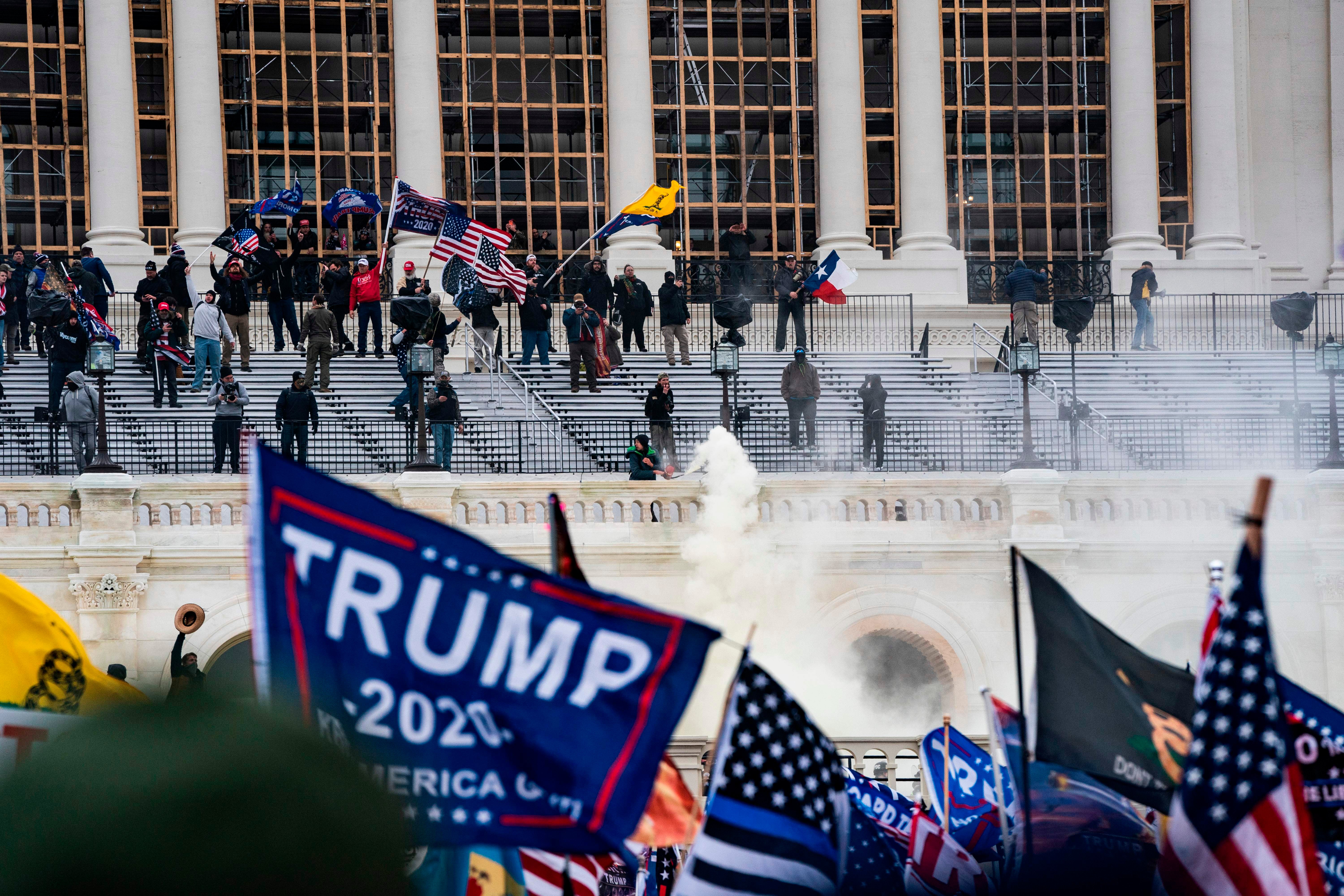
A clip in the programme spliced clips together from sections of the US president’s speech on 6 January 2021 to make it appear he told supporters he was going to walk to the US Capitol with them to “fight like hell”.
In the original speech, Mr Trump said: “We're going to walk down to the Capitol, and we're going to cheer on our brave senators and congressmen and women.”
But the edit put the first part of that speech with another section from 50 minutes later, so he was shown saying: “We’re going to walk down to the Capitol ... and I’ll be there with you. And we fight. We fight like hell.”
However, it would not be until over a year later that the edit would place enough pressure on the BBC to warrant resignations.
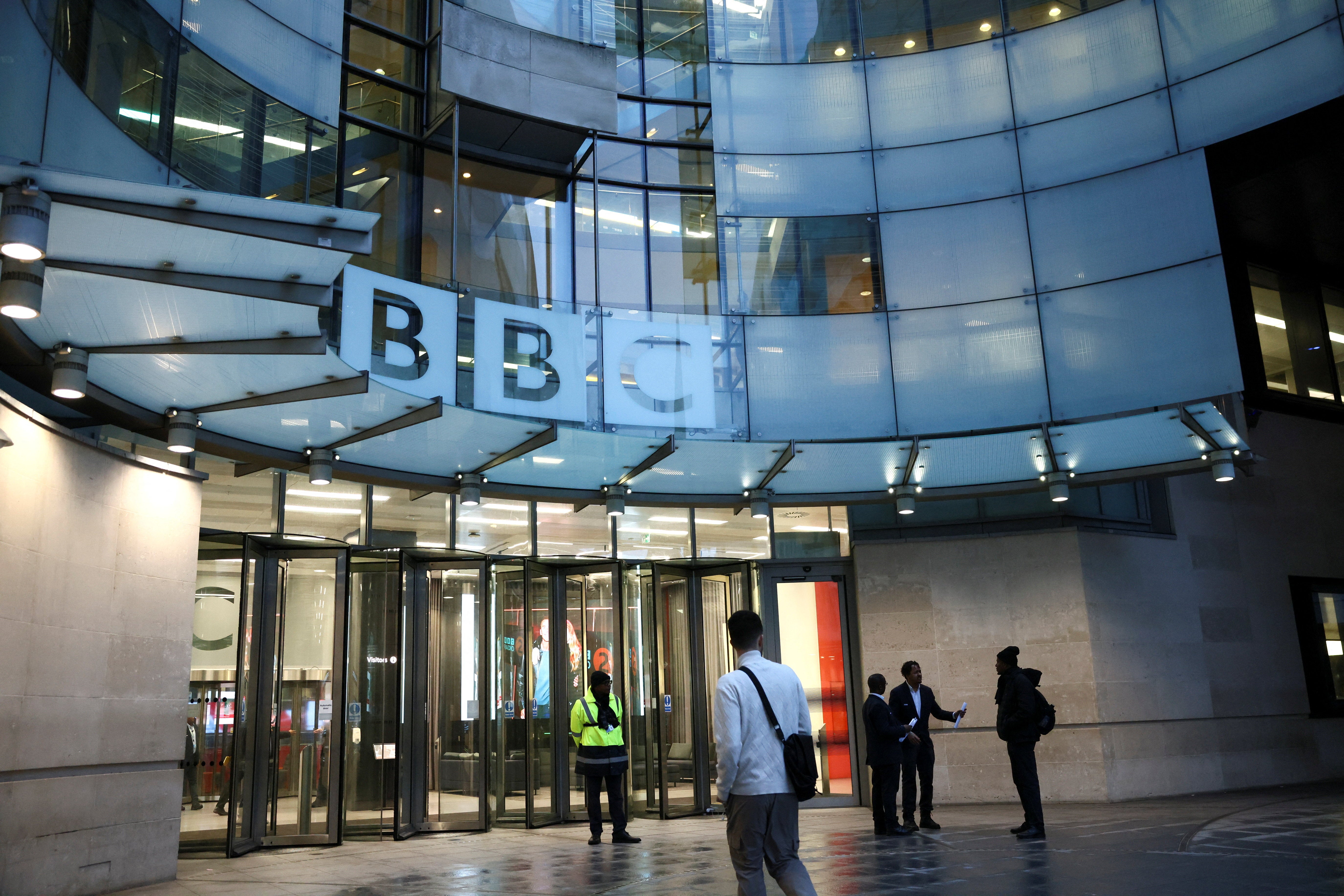
In the summer, a memo by Michael Prescott, a former external adviser to the BBC’s editorial standards committee, raised concerns about the way clips had been edited.
The memo was last week leaked by a whistleblower to The Daily Telegraph, which published extracts from it, including: “It was completely misleading to edit the clip in the way Panorama aired it. The fact that he did not explicitly exhort supporters to go down and fight at Capitol Hill was one of the reasons there were no federal charges for incitement to riot.”
The report sparked criticism from both sides of the Atlantic, including from the president’s son himself.
Donald Trump Jr posted on X (Twitter) last week: “The FAKE NEWS ‘reporters’ in the UK are just as dishonest and full of s---t as the ones here in America!!!!”
Mr Trump’s press secretary Karoline Leavitt also criticised the BBC, telling The Telegraph: “This purposefully dishonestly, selectively edited clip by the BBC is further evidence that they are total, 100 per cent fake news that should no longer be worth the time on the television screens of the great people of the United Kingdom.”
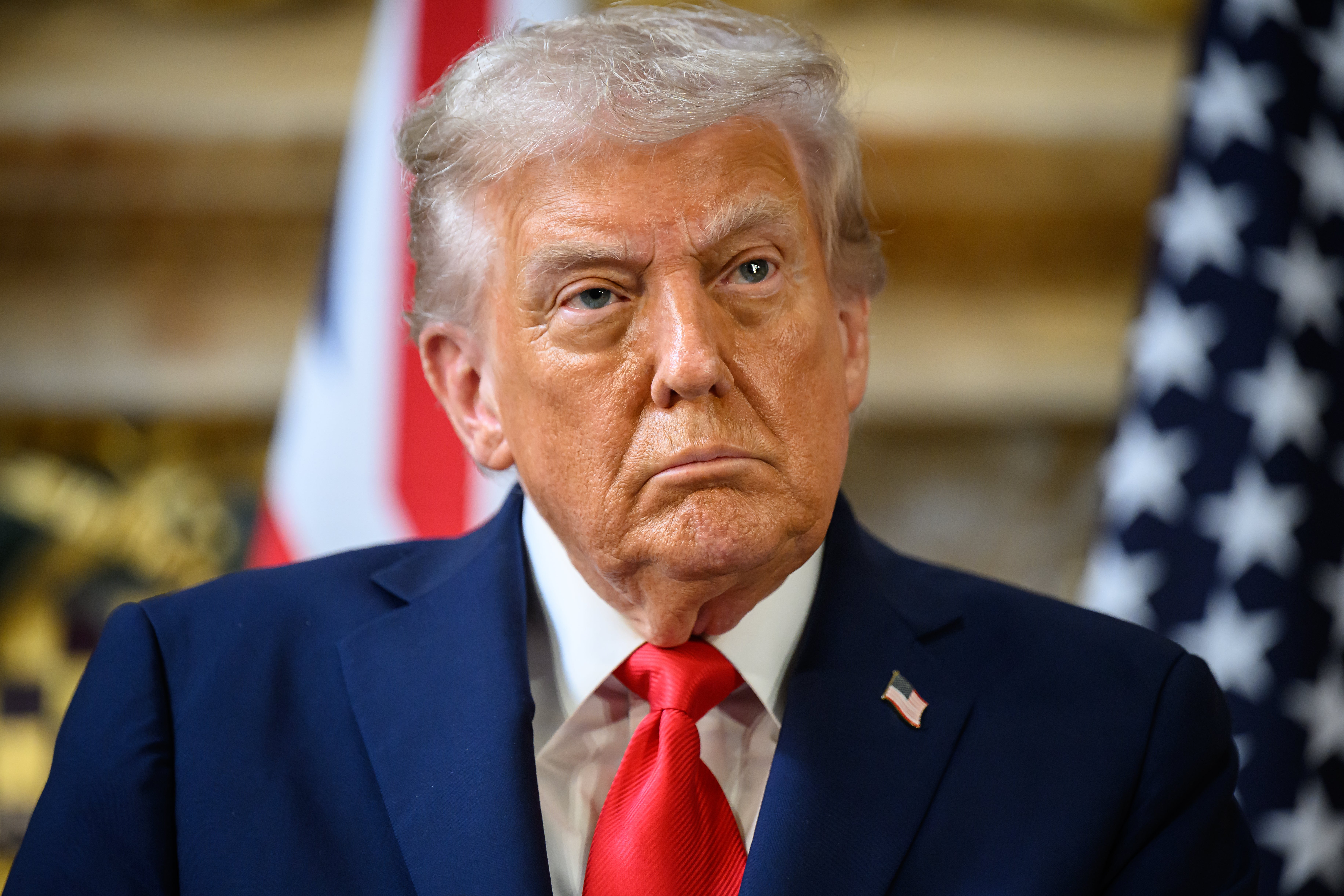
Many have questioned the BBC’s response to the leaked memo, saying the corporation failed to either “properly defend itself” from criticism or issue an apology.
The BBC’s culture and media editor, Katie Razzall, reported that the broadcaster had a statement “ready to go”, admitting it should have made it clear there had been splicing of the speech but that instead, the board decided to send a letter to parliament’s culture, media and sport committee.
It was also reported that Ms Turness was “ripped apart” by a board meeting last week about the Telegraph reports.
The mounting pressure culminated in both Mr Davie and Ms Turness announcing their resignations on Sunday. In a statement to staff, Mr Davie said his resignation was “entirely” his decision, adding: “Like all public organisations, the BBC is not perfect, and we must always be open, transparent and accountable.”
Ms Turness said controversy around the Panorama edit had “reached a stage where it is causing damage to the BBC – an institution that I love”, but insisted there was “no institutional bias” at the BBC and she stood by the journalism of her team.
Mr Trump led the reaction to the resignations, writing on Truth Social: “The TOP people in the BBC, including TIM DAVIE, the BOSS, are all quitting/FIRED, because they were caught “doctoring” my very good (PERFECT!) speech of January 6th.”
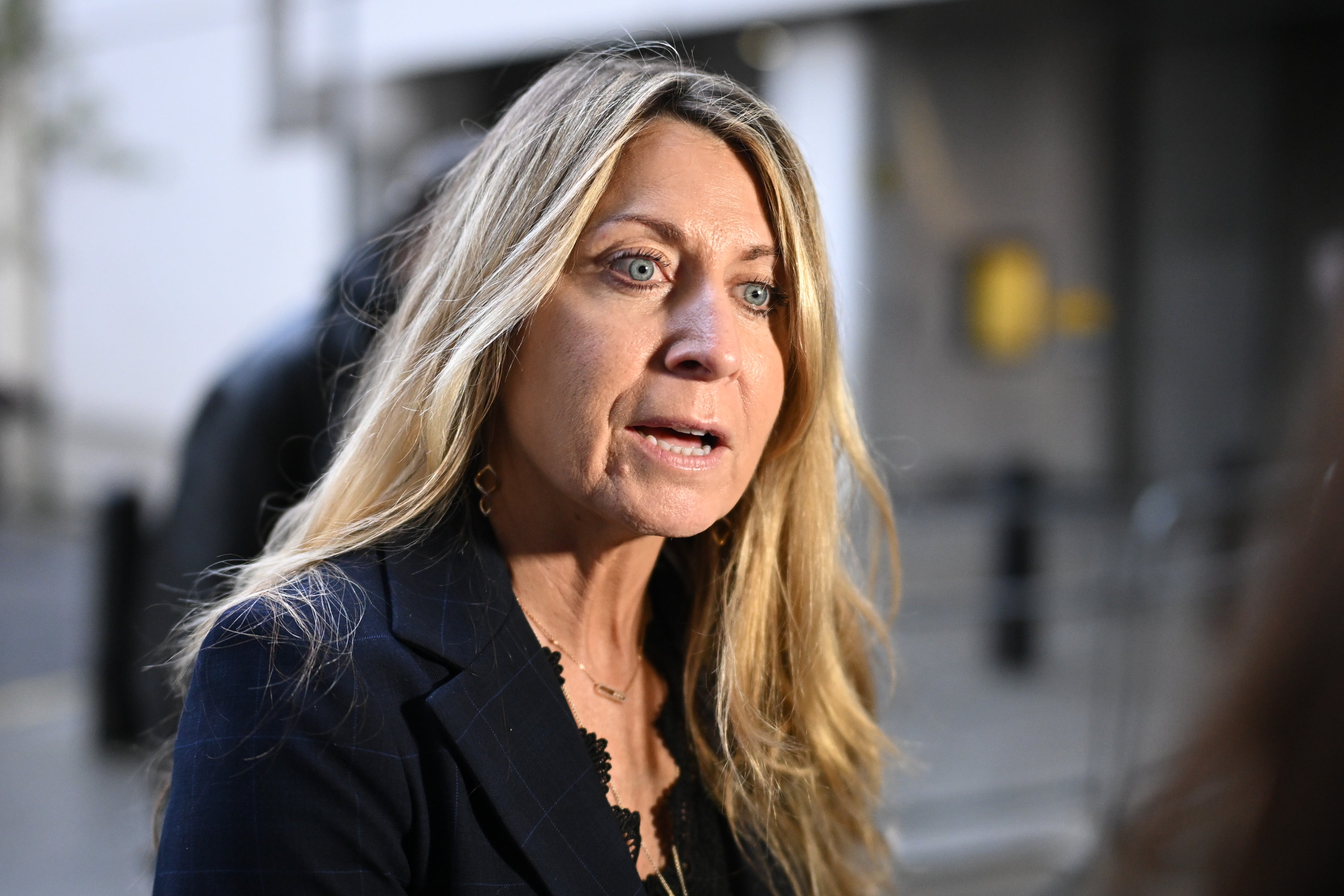
The Times quotes BBC sources as describing the departures as the result of “death by a thousand cuts”, following other impartiality rows from both sides of the political spectrum on its Gaza reporting and Glastonbury coverage.
The former editor of The Sun newspaper described the resignations as a “coup” and an “inside job”.
David Yelland told BBC Radio 4’s Today programme: “There were people inside the BBC, very close to the board, very close to the, on the board, who have systematically undermined Tim Davie and his senior team over a period of [time] and this has been going on for a long time. What happened yesterday didn’t just happen in isolation.”
A former Downing Street communications chief suggested the broadcaster had not properly defended itself, saying: “We’re living in a fast-moving digital world where there are a lot of people who want to attack the BBC, and what we’ve seen is really a vacuum that has been created.
“It’s been obvious for days now that the BBC needed to step up, explain, apologise, move on.
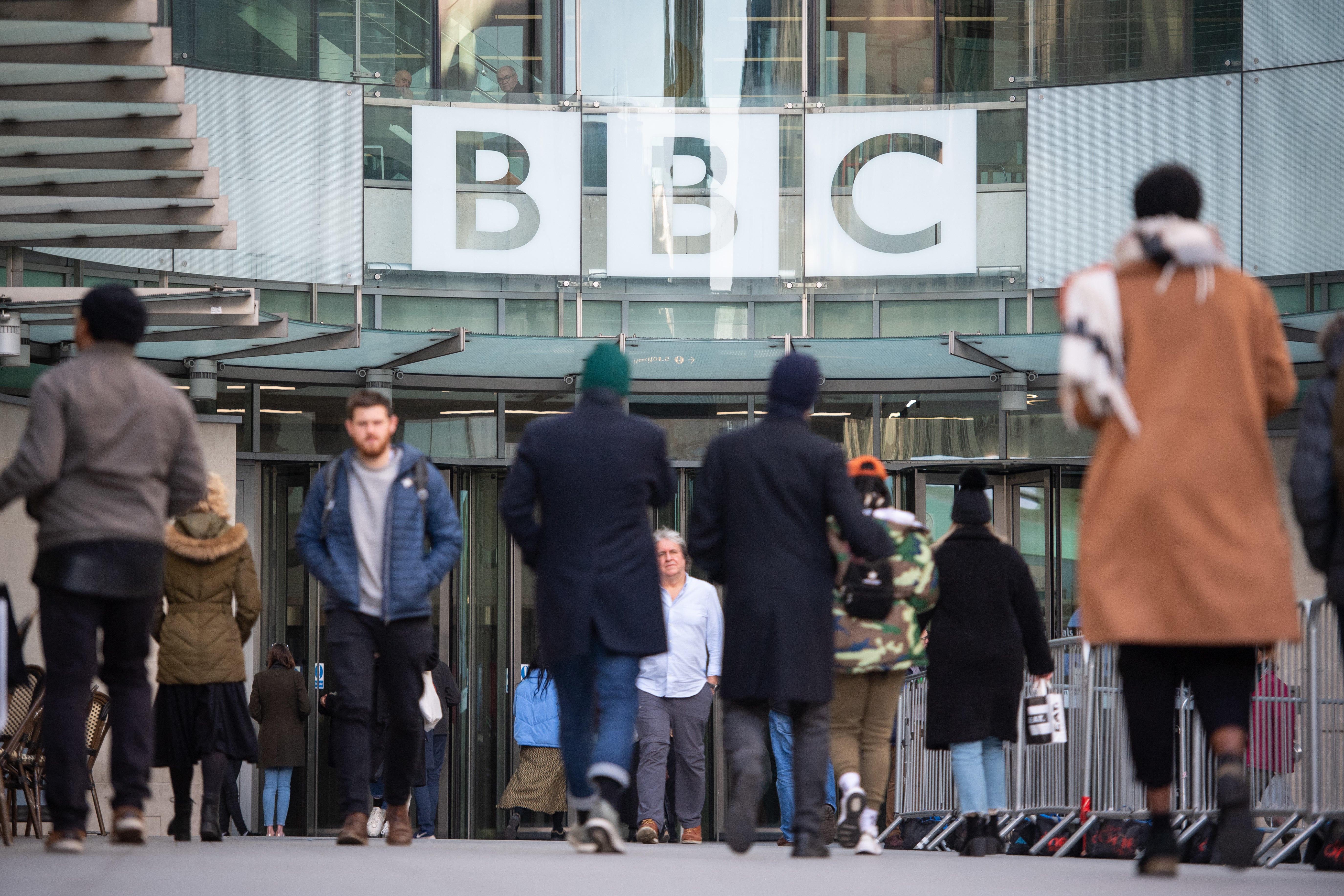
“And what we’ve seen is the governance of the BBC saying, ‘We’ll get back to you on Monday – we’ll leave that for days. We’ll allow the president of the United States to be attacking the institution, and we’re not going to properly defend it.’”
BBC chair Samir Shah apologised for an "error of judgment”. But he said it was simply not true that Mr Prescott uncovered issues that the BBC had sought to "bury".
The search for the next two candidates for the top jobs in British media will now commence, and they will be appointed by the BBC board, which ensures the corporation delivers its mission and public purposes.
Schumer faces calls to step aside after Dems join Republicans on shutdown vote: Live
How could politicians finally kill off the BBC?
Trump threatens to sue BBC for $1bn over edited speech fiasco
Trump threatens to ‘dock’ already unpaid air traffic controllers who call out sick
Michael D Higgins and Sabina given roses and cheered as term ends







